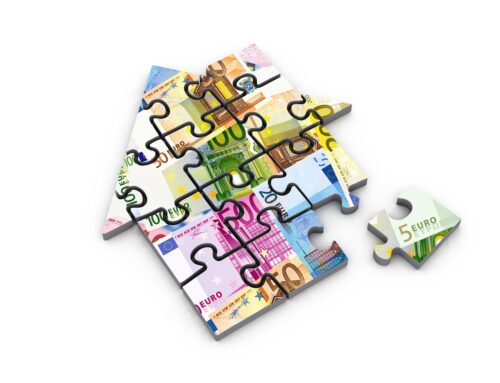Suppose that your company has done business in the Netherlands. You have bought a machine, have done a delivery or you have given a different order. The arrangements have clearly been outlined in a contract, in e-mails or in a different way. You have received an invoice and paid it. Now you are expecting a delivery from the Dutch company, but the product does not arrive. What to do now?
Contracts have to be honoured.
An arrangement is an arrangement, which is the basic rule of law. That is not different in the Netherlands than in any other country where you live. If you have done business with a Dutch company and this company does not fulfil its obligations, than at least you have got a strong legal position. You have a claim with a big chance of succeeding, if you have to go to court.
Analysis
Whenever a new foreign client contacts our office with a case regarding the fulfilment of a contract with a Dutch company, the first thing we do is analyse the contract. We want to know how the agreements have been outlined and if the general conditions were declared applicable. In this stage we estimate how strong the case is and what the best approach will be to obtain a good result. What our new client wants is of major importance. Is there still trust in the fulfilment of the agreement? Or is the trust gone and it is now a matter about the restitution of a deposit? Our office does not ask a payment for the analysis of a new case. We do present a plan of approach and we offer a price. If you have a disappointing experience with doing business in the Netherlands, we want to give you a better experience this time!
Choice: fulfilment or dissolution?
When you have a contractual relationship with a Dutch counterparty and this party does not deliver what was agreed or has been in breach of contract in another way, you have to make an important decision. What do you want: claim fulfilment of the agreement, with other words: maintain the contract? Or you do not have any trust left in your counterparty and you chose to demand a reimbursement on your payment? This instruction that you give us is determine for the approach of the case. Afterword we will send a summons letter to the counterparty. Thereby the counterparty has been declared to be in default.
Correspondence stage
According the Netherlands Civil Code a contract cannot be dissolved directly, even though the counterparty commits a breach of contract. In most cases a period has to be given trough a summons letter to honour the agreement. If that does not happen, the agreement can be dissolved after the period has been passed. This important legal notification should therefor be properly clarified. The declaration with which the agreement has been dissolved because the company fails to deliver the agreed delivery within a reasonable period as notified, is important. This notification has the consequence that the performances in both parties had to be made undone. The ordered product or the agreed service does not have to be delivered anymore. And for you as purchaser it means that the payment you have already done, has to be paid back. Unless you do chose for the delivery.
Procedure: fulfilment
When you have chosen for the fulfilment of the agreement, which the next logical step is to start a relief proceedings. In the Netherlands a relief proceedings is an effective and affordable way to get clarity. The judge can condemn the party that has to deliver, to fulfil his agreement. The judge can set a penalty payment that will get higher every day until the delivery has been fulfilled. Fines and penalty payments are a very effective way to enforce a delivery or an achievement.
Procedure: dissolution and reimbursement
When you do not have any trust in the fulfilment of the agreements anymore and your Dutch lawyer dissolves the agreement, than you can chose for a legal proceeding that is related to the reimbursement of your deposit. In the Netherlands is in certain cases possible to seize preservation of the bank account of the company that owes you money. The bank has to keep the positive balance on the account separate until the judge has reached a verdict. If you are right, the balance has to be contributed.
Complications
This article has been based on the most frequent situations. When a foreign firm does an order at an, in the Netherlands located, company, most of the time the Dutch jurisdiction is applicable on the legal relationship and than there is most of the time a Dutch judge authorized to deal with the case. Obviously there are exceptions to this rule, for example in virtue of the general conditions, which are applicable on the delivery. We are more than willing to give legal advice.



